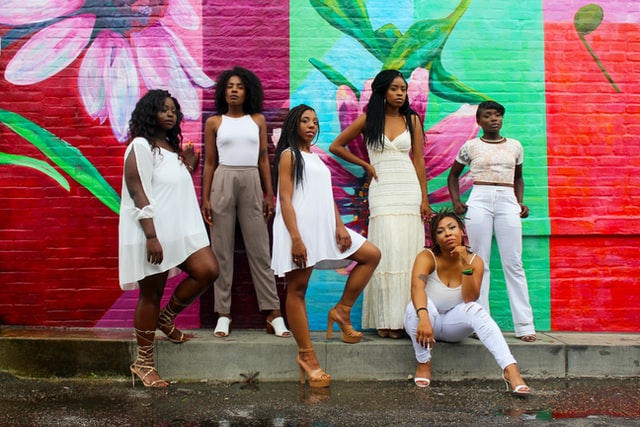African fashion experts take the local route toTo tide over current crisis and ensure the sustainability of operations, African fashion experts are tapping into local and traditional solutions, says a Quartz Africa report One of Africa’s most prestigious fashion entities.
South African Fashion Week has planned its next edition from October 22 to 24 as non-traditional, environmentally-friendly digital experience at the Mall of Africa in Midrand, Johannesburg.
The show will make minimum use of lights and sound systems. It will also have smaller teams and a minimum number of models to help reduce its carbon footprint. Likewise, Glitz Africa, Fashion Week will also be held in October in Accra, Ghana.
Using recyclable materials
Besides event organizers, online fashion entrepreneurs are also going the sustainable way. UK-based online African fashion retailer Jendaya has banned plastic use from its collection, and is opting for a new recyclable, reusable cardboard-like packaging material. Banker-turned fashion entrepreneur. Ayotunde Rufai is encouraging African designers to produce collections in smaller batches. According to Rufai, African designers are more resourceful in their fabric usage. They ensure minimum fabric wastage by making clothes only on order. The made-to-order business model helps African designers reduce surplus stock and is more economical for smaller companies, says Amira Rasool, Founder, The Folklore.

Insufficient capacity to meet domestic demand
Another way African brands and retailers can practice sustainability is by prioritizing local production and sourcing. For this, countries need to have an African fashion experts take the local route to sustainability ecosystem that is conducive to local business. However, many African fashion industries do not have required capacity to meet domestic demand for apparels and accessories.
This was not the case in 1945 when African countries had large textile mills. Nigeria had over 180 textile mills while Kenya had 75 textile and clothing establishments. The African textile sector was the second-largest employer in 1984 with 52 operating mills for fabric and yarn production.
African governments supported these textiles and knitting mills with protectionist trade policies. However, many of these collapsed in the 1980s and 90s as local economies opened up to foreign trade and cheap Asian garments and secondhand clothes from the West flooded African markets.
Emphasis on local production
Currently, an ethical fashion revolution is weeping across Africa as labels like Nehanda & Co in Zimbabwe, Naked Ape in South Africa, Nigeria’s Nkwo and Awa Meité in Mali are promoting local production, made-to-order models and high-quality blends of natural materials.
The Ethiopian government has set an ambitious industrial agenda to position the country as a net exporter of textiles and garments. Similarly, the Nairobi-based Ethical Fashion Initiative is running an accelerator mentorship program for sustainable African brands while Nigerian-based shoe and accessories brand, Shekudo, incorporates traditional textile technologies to create base fabrics for its modern aesthetic of simple silhouettes and funky colors. Around 98 per cent of the brand’s products are made locally which helps it achieve financial stability.



















